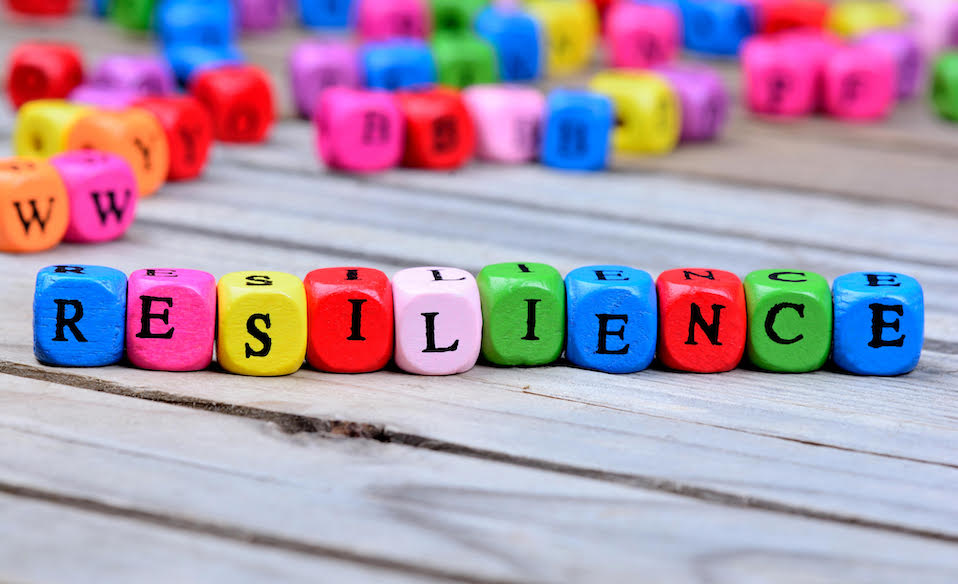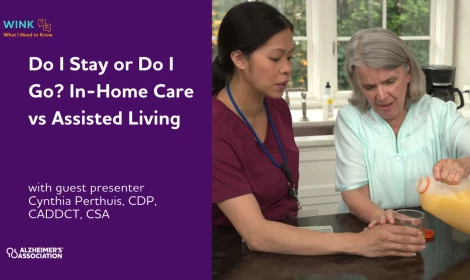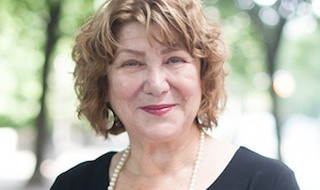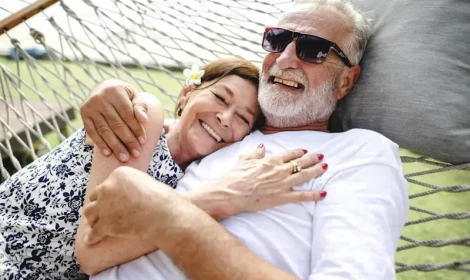Finding Resilience
There is a lot of talk these days about the importance of resilience and how it is especially significant as we age.

As Bette Davis once said, “Old age ain’t no place for sissies.” However, by today’s standards, what does “old age” even mean? Many people will spend more time in “old age” than any other phase in life. Dr. Louise Aronson’s new book argues that we should instead refer to this stage as “elderhood” (title of the book: Elderhood). This is a softer and less stigmatizing term.
Elderhood may refer to the stage of life after 75 years of age. Entering this phase of life can be challenging and laden with loss and sadness. It can also be a time of great joy and happiness; rich with experience and wisdom.
So it begs the question: Why is it that some older adults are more resilient than others? Does being resilient have an impact on longevity and happiness? It appears, at least anecdotally that the answer is YES.
Here are some concepts and also some strategies you might consider for cultivating and maintaining resilience:
- Trauma Management – The better one can cope and deal with changes, the better the outcome
- Positive Adaptation – The ability to maintain stable or healthy psychological functioning after a traumatic event
- Mindfulness and Meditation – Develop skills that focus on the current moment; practice acceptance and tolerance to find emotional balance
- Cognitive Reframing – Look, if you are able, at the brighter side; see things through a different lens, make room for a different perspective
- Work on – Coping skills when stressed; focus on maintaining meaningful relationships; work on confidence and positive self-awareness with a focus on the things that really matter; continue with and enhance your spiritual practices
While the research on the connection between resilience and longevity is limited, most studies conclude that attitude and perspective can have a positive effect on the outcomes. As they say, “attitude is everything.” Life is not always fair and we will all experience sadness and loss. As we age, the ability to be resilient becomes even more critical in maintaining a happy and healthy life. May these thoughts help us all as we enter Elderhood; in fact, these are ideas that have positive impact and can be implemented at any age. As someone in “Elderhood”, perhaps you can enlighten the generations before you!
We will be writing more about resilience in the coming months. Stay tuned!
Sources: Geriatric Nursing issue 37 (2016); Journal of Aging Life Care Association (Fall 2015), Elderhood by Dr. Louise Aronson





